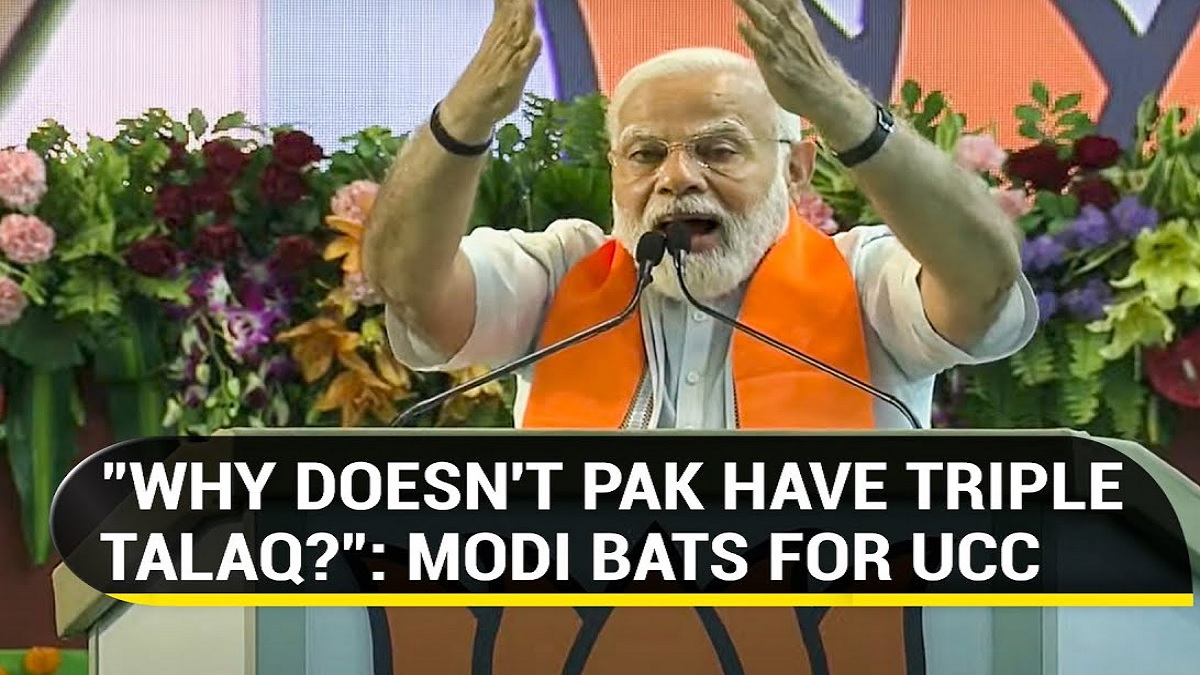PM Modi Pushes India Uniform Civil Code: What is UCC? What is CCC Govt of India?
We’ll talk about the Uniform Civil Code (UCC) in this post. We are going to tell you what does the constitution say about it. The Uniform Civil Code (UCC) is a proposed legal framework that intends to substitute a common set of civil rules that are applicable to all people of a country, regardless of their religious affiliations, with personal laws based on religious customs and traditions. Regardless of one’s religious affiliation or origin, the UCC aims to provide equality, justice, and the safeguarding of one’s fundamental rights for all people. In spite of the fact that the idea of a uniform civil code has been debated and discussed in many nations, India is one where it is especially pertinent. Different religious groups in India, including Hindus, Muslims, Christians, and others, adhere to their own set of personal rules regarding things like adoption, inheritance, and divorce.

PM Modi Pushes India Uniform Civil Code
These personal regulations vary greatly from one another and are frequently based on religious scriptures and traditions. Different religious sects are treated differently and unfairly by the law as a result of the lack of a unified civil code. For many years, there has been debate about whether the Indian legal system should include a Uniform Civil Code. Its proponents contend that it is required to advance gender equality, safeguard individual rights, and promote national unity. They contend that a unified civil code will eliminate prejudice against women and disadvantaged groups, provide all people access to a uniform legal system, and foster a feeling of cohesion and shared identity among various religious groups.

Opponents of the UCC contend that personal laws are a crucial component of religious liberty and cultural independence. They argue that enforcing a universal code might violate religious communities’ freedom to manage their own affairs in accordance with their traditions and beliefs. Additionally, they contend that a pluralistic and varied country like India should recognize and value the distinctions among its people. It’s crucial to remember that the implementation of a uniform civil code necessitates careful consideration of a number of factors, including the sensibilities of various religious communities, constitutional clauses, and the requirement to strike a balance between individual liberties and the principles of equality and justice.
Following Prime Minister Narendra Modi’s comments ahead of the elections in Madhya Pradesh, the political discussion around the Uniform Civil Code (UCC) has been reopened. On Tuesday, Prime Minister Modi stated that the Constitution includes the Uniform Civil Code and that India cannot function under two sets of rules. The statement of prime minister Narender Modi has triggered a nationwide debate as some opposition leaders are accusing him, of raising the UCC issue for some political gains.






